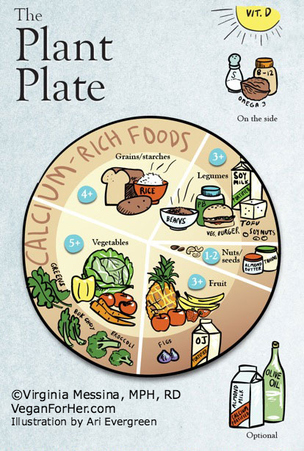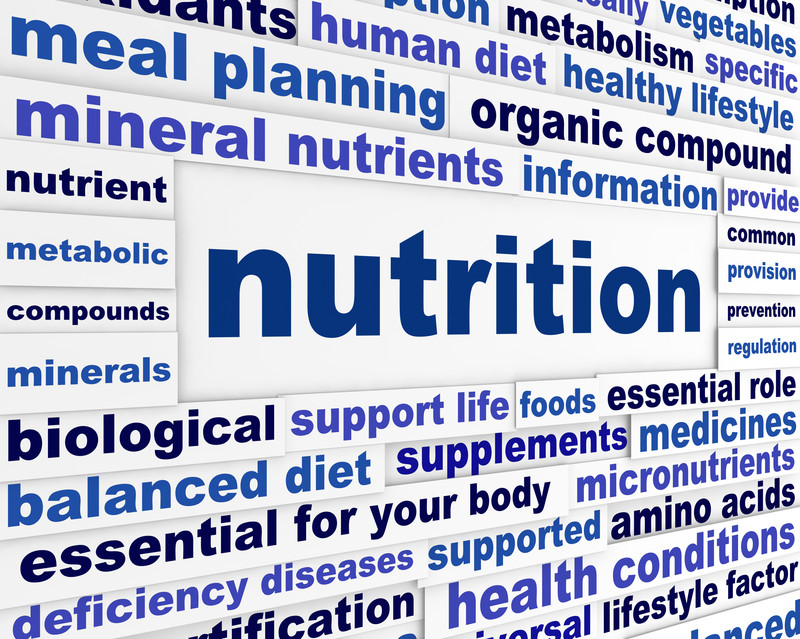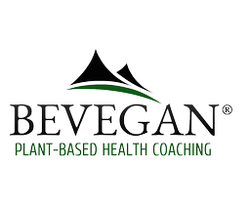BEVEGAN® 101
Choose low fat WHOLE plant foods, such as vegetables, fruits, whole grains, beans, lentils, nuts and seeds. You will easily get plenty of vitamins, minerals, antioxidants and fiber. -Kristin Wuhrman
When adopting a plant-based diet, nutrition becomes part of your general knowledge as you learn and implement what's necessary for optimal health. Living the vegan lifestyle and eating a plant-based diet will impact your education deeper as you adopt it. As you start feeling energetic, healthy and cleaner it truly becomes fun! You will influence and impress so many people just from your own experience! Remember, Kristin has programs available to educate, coach and support you.
Simple Plant-Based Meal Planning ExampleBreakfast:
Lunch:
Dinner:
Snacks:
|
Short List of Essential Nutrients*Vitamin B-12 (must supplement)
Iron (examples: broccoli, spinach, kale, baked sweet potato w/ skin, cooked tomatoes, tempeh, edamame, lentils) Omega-3 (ground flaxseed or chia seeds) Other important fats: High ALA, Fatty Acids, High Fat Plant Foods Calcium (examples: kale, mustard greens, bock choy, turnip greens, collards brussel sprouts, oranges, tahini) Vitamin D (sunlight, supplements) Iodine (seaweed, supplements) Zinc (examples: legumes, nuts, seeds, oatmeal, tofu, tempeh) Vitamin A (examples: carrots, sweet potato, spinach, kale, broccoli, pumpkin, butternut squash) Protein (+ amino acid, Lysine) (examples: hemp seeds, beans, legumes, lentils, peas, nuts, seitan, quinoa, pumpkin seeds, pistachios) *Kristin Wuhrman is not a Registered Dietitian or a Nutritionist but can educate, coach and help you adopt a healthy, low-fat whole food balanced plant-based diet through BEVEGAN® Boot Camp or BEVEGAN® Plant-Based Health Coaching. |












